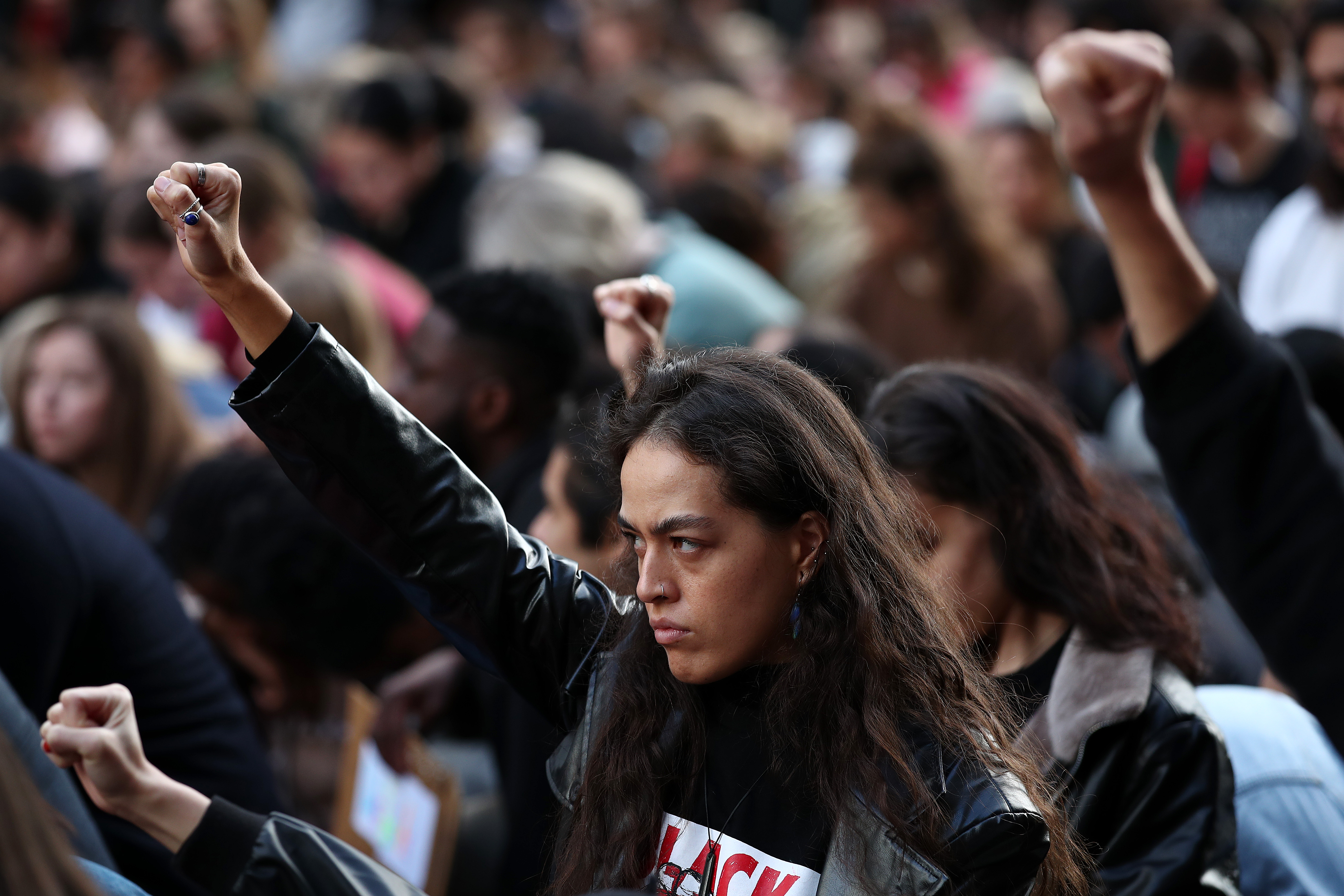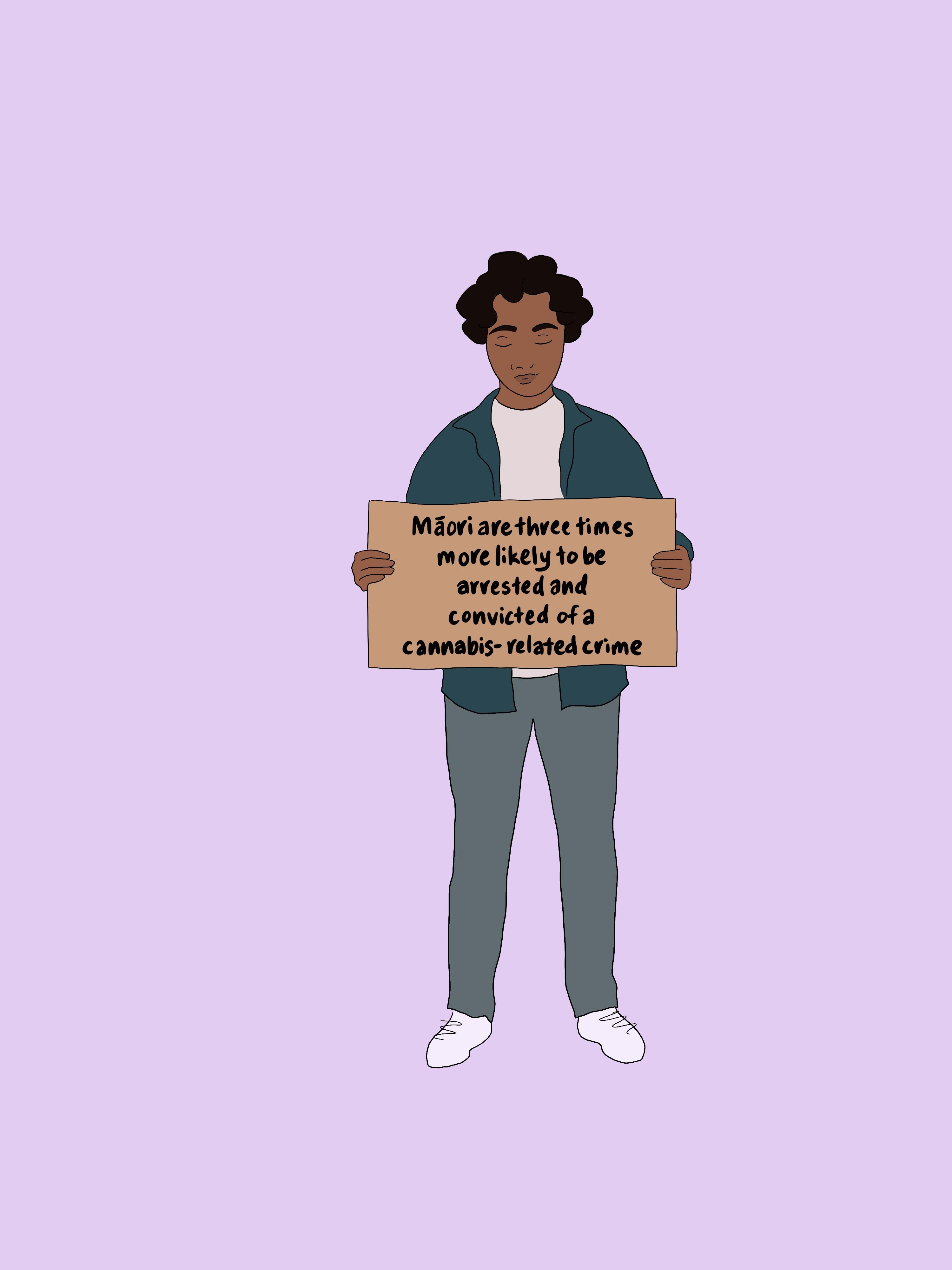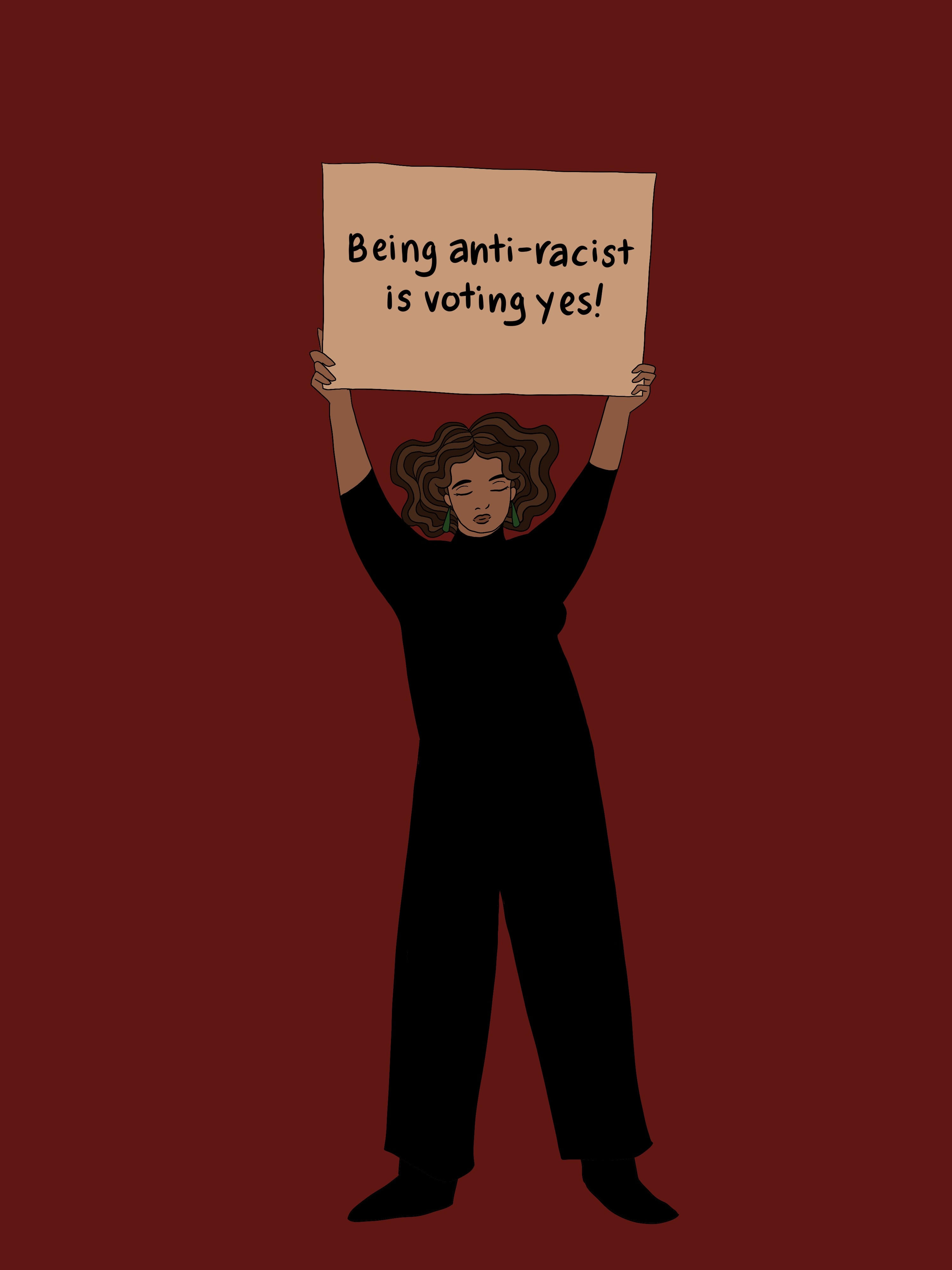News feed

On October 3rd, voting opened for the New Zealand election with Labour Prime Minister Jacinda Ardern going up against the opposition, National’s Judith Collins. But there’s another thing Kiwis are being asked to vote on this year: whether or not to legalise cannabis use. This ‘yes or no’ vote may seem like it’s a simple one at first: whether or not you approve of or use recreational cannabis (medical cannabis has been legal in the country since December 2018). However, in reality it’s far more complex than that.
Firstly, you have to understand that anyone who wants to use cannabis in New Zealand already is. Regardless of it being illegal to grow, sell or be in possession of cannabis, New Zealand has the eighth highest usage rates per capita in the world. Around 80 per cent of young people in New Zealand try cannabis before they are 21 and 11 per cent of the population will use it on a frequent basis. Even the country’s Prime Minister, Jacinda Ardern, has tried it. This means around half a million Kiwis are currently interacting with the black market to get unregulated cannabis, giving money to drug dealers that could instead be funneled straight back into the economy, taking up resources that could be better used elsewhere and severely disproportionately impacting the indigenous population.
New Zealand’s drug reform spokesperson, Green Party MP Chloe Swarbrick, echoes these statistics, telling me over Zoom that cannabis consumption is “very common despite the fact that we uphold all this mythology around criminal prohibition.” Swarbrick explains that right now the country’s lack of regulations around cannabis-use means that there’s no quality control and stops people from having resources readily available should they need them.
Around 80 per cent of young people in New Zealand try cannabis before they are 21 and 11 per cent of the population will use it on a frequent basis. Even the country’s Prime Minister, Jacinda Ardern, has tried it.
“The core of it is recognising that cannabis, like any substance – alcohol, tobacco, etc – can cause harm, especially if used in excess and used whilst young, but right now our approach to prohibition is causing disproportionate harm: it’s not decreasing it, it’s increasing it,” Swarbrick says. “We need a different approach and that approach needs to be built on public health.”
Moreover, this law is to do with racism. Under the current laws, New Zealand Māori are three times more likely to be arrested and convicted of a cannabis-related crime than any other New Zealander, even after accounting for differences in use. Māori are four to five times more likely than white New Zealanders to be sent to jail when appearing in the courts and Māori women are the most incarcerated group of indigenous women in the world. Of the total women’s prison population in New Zealand, 62 per cent are Māori, despite Māori only making up 16.5 per cent of the national population. Māori experience lower educational expectations and achievement, die on average seven years before other New Zealanders and receive less effective medical care for treatable illnesses.

“Put simply, what we also know about New Zealand is that if you take a young Māori man to the police station and a young white man to the police station, that young Māori man is eight times more likely to be incarcerated,” iTaukei and Girmitiya Youth MP and activist Shaneel Lal tells me. “Eight is a big number.”
“We know that Māori and Pacific Islanders are disproportionately policed and that’s why they are so over-represented in prison populations,” they continue. “For example, rolling out armed police in communities like South Auckland [where there’s a large Māori and Pacific Island population] in response to a terrorist attack at the other end of the country, in Christchurch. Why are you policing people of colour for the acts of a white terrorist who actually killed people of colour?” Lal asks. “This is a systemic issue, it’s not going to go away unless people in the system and the system itself changes.”
There has been a lot of talk about anti-racism in recent months and a lot of posts shared to Instagram in solidarity of the Black Lives Matter movement. But it seems as though Kiwis think they are removed from the narrative just because we’re not seeing the same viral videos of murder in broad daylight. But if the systems in place are allowing for a disproportionate amount of indigenous people being jailed, receiving inadequate healthcare, and dying years before non-indigenous New Zealanders, how can we say we’re that much better?
“This is a systemic issue, it’s not going to go away unless people in the system and the system itself changes.”
Recently for a podcast interview, I spoke to the American actor Brandon Kyle Goodman, who went viral on Instagram during the beginning of the protests in July after he posted a video directed specifically to his white friends. Over Zoom, Goodman discussed the difference between being a ‘good’ ally and being an ‘effective’ ally, saying that those he deems ‘good allies’ probably posted a black square on Instagram and signed a petition, but that that “doesn’t make Black people or people of colour any safer.” An effective ally, meanwhile, thinks about systemic change vs reactive change. “Systemic change means working on new systems,” he explains. “How do you tear down racism and racist systems? How do you use whatever privilege you have in this current system to empower, protect, and amplify and elevate Black and people of colour’s lives?”

The new law, if passed, will mean that cannabis will be sold at licensed places to people over the age of 20. It will be harder to get and more regulated than alcohol and you will only be able to use it at home or at licensed premises. It will free up police time and will provide jobs and a much-needed boost to the economy. But most importantly, it will be a step towards a fair New Zealand for all.
Legalisation will mean that the same laws are applied equally to every New Zealander. It will mean that racism cannot determine whether someone is put in prison for years for the same crime another person is let off for.
This vote very likely isn’t about you. But if you posted a black square on Instagram or shared anything to do with Black Lives Matter or racial equality; if you attended the marches in Aotea Square in Auckland or the tribute on a rainy night in Wellington; if you consider yourself a person who believes in equality and who condemns the overtly racist violence in the US and beyond, you need to engage in changing systems, laws and situations at home. As another viral Instagram quote reads, “Think of the most vulnerable person you know and vote in their best interest.”
Voting for the New Zealand election, including the legalise cannabis referendum, is now open and closes on October 17th. Kiwis can vote from overseas here.









